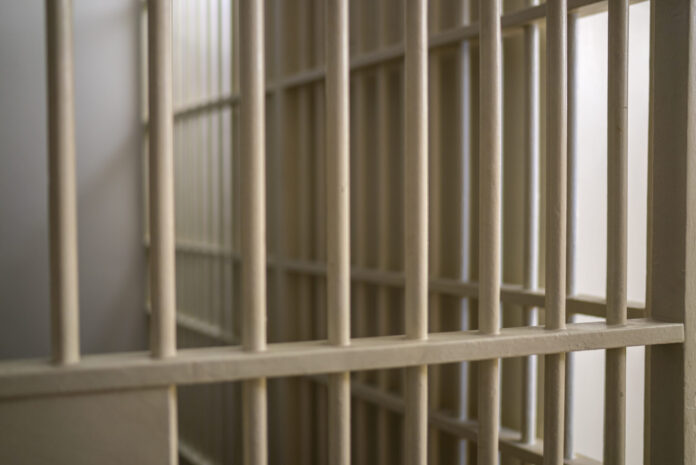A bill to boost higher education opportunities for prisoners cleared Virginia’s legislature with bipartisan backing and could soon be signed by Gov. Glenn Youngkin.
House Bill 2158 would establish partnerships between the Virginia Community College System, Virginia Department of Corrections, Virginia Works and the Virginia Information Technologies Agency. A task force would develop a plan for strengthening educational offerings to prisoners that includes basic literacy, General Education Diplomas and college degrees.
Since a decades-long prohibition barring prisoners from qualifying for Pell Grants was lifted in 2023, some strides in offering higher education to inmates have already been made. Pell Grants are a federal subsidy for some qualifying undergraduate students.
While a handful of colleges have partnerships with Virginia prisons, the number has been expected to grow and House Bill 2158 would help more prisons be able to offer higher education.
Kenneth Hunter, an organizer with the Virginia Consensus for Higher Education in Prison, said the bill matters because of the potential it can kindle in people.
When Hunter was incarcerated, his own attempt to earn a college degree was interrupted during the course of various transfers within VADOC to facilities that didn’t have college programs. If HB2158 becomes law, it could prevent others from sharing that experience, he said, adding that he’s thrilled by the potential hope it can offer.
Despite the setbacks in earning a degree of his own during his 22 years served for a nonviolent drug offense, Hunter has gone on to work in political advocacy. As an organizer with the Virginia Interfaith Center for Public Policy and the Virginia Consensus for Higher Education in Prison he lends his insights to lawmakers.
This past legislative session he said he had fun engaging with members of Virginia’s legislature, and has been grateful for the bipartisanship House Bill 2158 received.
Carried by Dels. Betsy Carr, D-Richmond and Carrie Coyner, R-Chesterfield, it cleared the House and Senate with support from Democrats and Republicans alike.
“That’s really refreshing for a criminal justice reform bill,” Hunter said.
He noted that the measure aligns with Youngkin’s Executive Order 36 from last summer, which directed state agencies to share data to bolster behind-bar opportunities for people and boost post-incarceration support.
That goal was to reduce recidivism, which is when formerly incarcerated people return to prison or jail after re-offending.
“There’s no magic wand,” Youngkin said of a single method to improve post-incarceration experiences when announcing his order last summer. “It’s a comprehensive collection of initiatives and relationships.”
He’d added that recidivism “reminds us that we must do better.”
Hunter sees education opportunities as a key component of keeping people out of prison. The ongoing efforts to offer education to prisoners represents a “shift in penal philosophy,” he said.
“Sometimes just the prospect of getting your (General Education Diploma) is not enough, but if you’re like ‘I can get a GED and then I can pursue an associate’s degree,’” people may be more inspired to continue their education and focus on their post-incarceration careers, Hunter said.
Youngkin has until March 24 to take action on hundreds of bills that made their way to his desk. He can sign them into law, veto them or seek amendments — which the legislature can then accept or reject early next month. Advocates are hopeful this is one of the bills that will get Youngkin’s stamp of approval.
As of the time of this publication, a spokesperson for Youngkin said that he is still reviewing the roughly 900 bills that made it to his desk.
NEWSLETTER SIGNUP
Subscribe to our newsletter! Get updates on all the latest news in Virginia.



